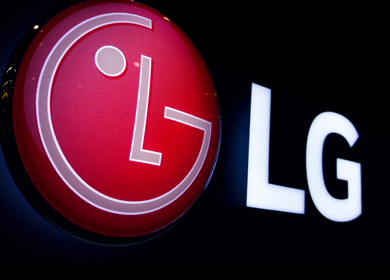Take a leaf out of affiliate relationships: increase accountability of influencer marketing
Published: May 04, 2023

Although influencer marketing and affiliate marketing work with different strategies, both have been ruling the marketing world lately.
In recent months, brands have been shifting their approaches towards influencer marketing and striving to reap the benefits of the potential combination of influencer and affiliate marketing.
That is, the distance between these two marketing realms has become increasingly blurred as brands evolve to incorporate sales-brd methods of payment instead of simply paying a fixed rate to creators.
In other words, brands that want to monitor the commercial success of what has long been measured by followers, likes, comments, and shares are re-evaluating their influencer marketing.
More brands are reaching out to creators to promote products to their followers via affiliate links, allowing influencers to get a share of the conversions generated by those links. The links also allow brands to measure metrics that have an apparent business impact, such as sales.
And brands that have taken a hybrid approach to collaborating with influencers pay a creator in advance for a set of social media posts and then reward them for bringing in additional revenue, of which creators receive a cut, through affiliate links.
Influencer Marketing Hub surveyed 3,500 marketers across various industries and the results go like this:
- 53% of marketers pay influencers based on the "percentage of sales" they drive through their social content, up from 42% in 2022.
- Only 19.6% marketers pay creators flat fees for their content, compared to 49% of marketers who said the same in 2022.
Are influencer and affiliate marketing a successful combination for brands?
The rise of influencers’ cost has been a huge concern for brands and marketers and they cannot simply exclude it from their media mix given its significance in today’s marketing landscape.
In an attempt to combat the challenges, marketers are experimenting with various methodologies to make it profitable and effective for them. Needless to mention, DTC brands like Jolie’s and Outlines’ innovative influencer marketing approaches.
And, now, the brands’ growing adoption of the new model-integrating affiliate marketing with influencer marketing -looks promising and can possibly bring more competitive advantages for brands in driving their conversions.
Here are a few benefits we believe the potential combination of the two marketing realms can provide to brands and marketers:
Brands can benefit from trackable data:
Despite the fact that there have been numerous cases where brands have made significant sales as a result of influencers, there is no meaningful data to measure the success of the investment.
But by linking both, marketers will be able to obtain clear and measurable data on conversions that occurred as a result of influencers’ promotions. This way, the integration smooths the way for marketers to make data-driven decisions for future campaigns and influencer partnerships.
Increase the cost-effectiveness of the campaigns:
By adding a commissionable link component to influencer marketing, creators become part of the brand, which further incentivizes them to promote it. As a result, brands may be able to achieve greater reach and engagement with minimal investment than in the traditional model.
In simple words, by approaching this tactic appropriately, both brands and creators can possibly make it financially effective. It can also prevent brands from accepting murky ROI even after spending large sums on influencer marketing.
Can create frictionless and long-term partnerships with creators:
By collaborating with creators for both influencer and affiliate marketing, brands will be able to build a long-term relationship with them.
In this regard, this integrated business model can facilitate a smooth relationship between brands and influencers as it provides greater income stability for influencers. Also, it can build the brands’ credibility and trust among influencer audiences.
Overall, in our opinion, the integrated influencer and affiliate marketing model is something that brands must pay attention to in order to make their influencer marketing spends effective and beneficial. And it has all the potential to catapult influencer marketing to new heights.










Be the first one to comment.